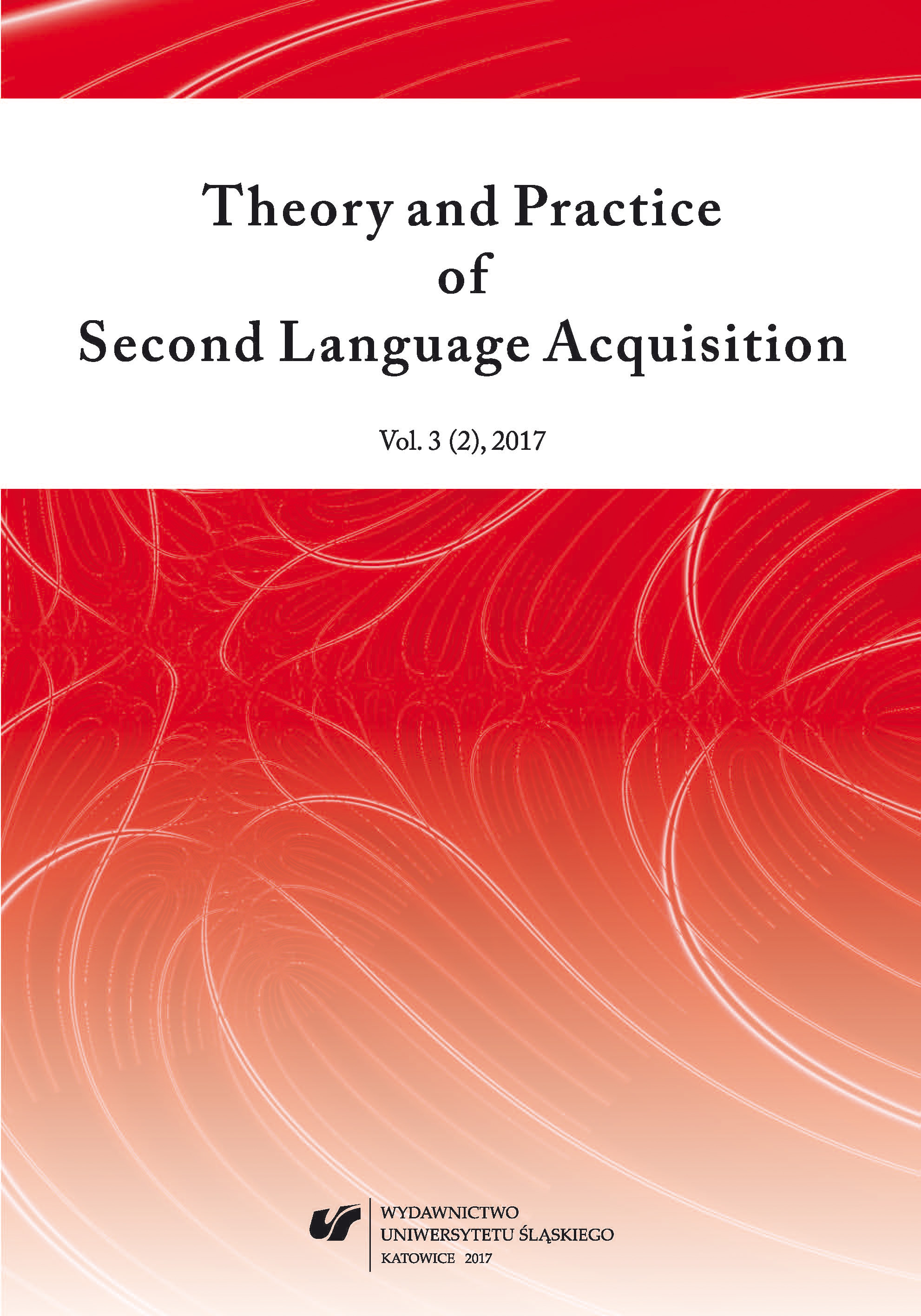Self-reported vs. Self-rated Pronunciation in a Non-native Language
Self-reported vs. Self-rated Pronunciation in a Non-native Language
Author(s): Ewa Cieślicka, Arkadiusz RojczykSubject(s): Language studies, Language and Literature Studies, Theoretical Linguistics, Philology
Published by: Wydawnictwo Uniwersytetu Śląskiego
Keywords: psycholinguistics; phonetics; self-assessment of pronunciation; language learning
Summary/Abstract: The study investigates how their own accent in English is self-perceived by Polish learners. More specifically, we compare how, and to what extent, self-reported pronunciation differs from self-rated pronunciation prior to and after the exposure to one’s recorded speech.Previous research on non-native accent rating has concentrated on scores obtained fromnative speakers or other proficient speakers of English. In the current study, we concentrateon how learners evaluate their own accent in English for parameters such as pronunciation,articulation, and fluency. We also introduce an independent variable of proficiency to see ifit interacts with the perception of learners’ pronunciation. Both quantitative and qualitativeanalyses were conducted and the result showed that there are no major differences betweenhow learners report their accent in English and how they rate it from the recording of theirown speech. It indicates that the general self-image of one’s accent is fairly stable and exposure to the sample of one’s speech does not change the overall self-perception.
Journal: Theory and Practice of Second Language Acquisition
- Issue Year: 3/2017
- Issue No: 2
- Page Range: 69-86
- Page Count: 18
- Language: English

